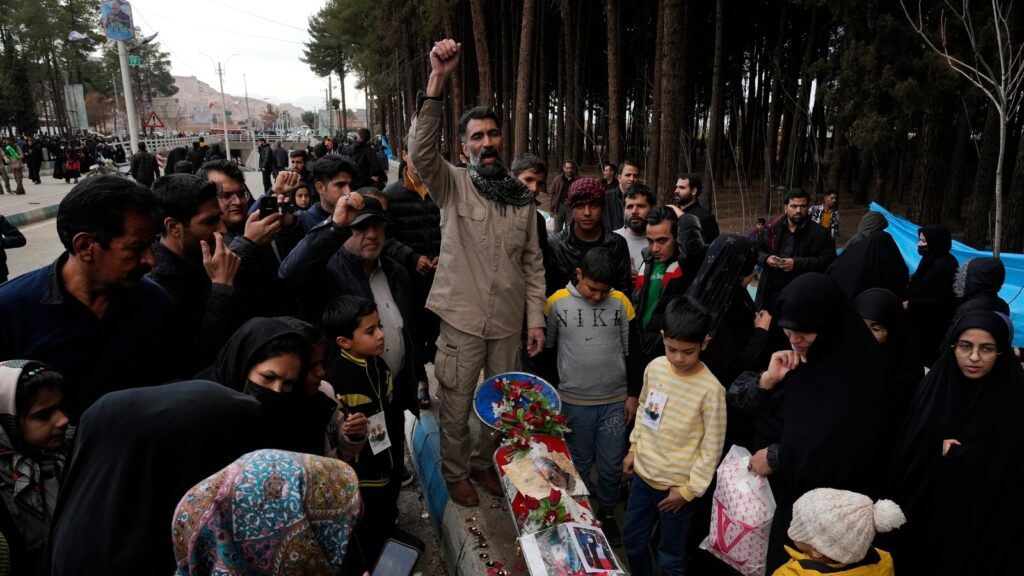Two massive bomb blasts, that targeted large crowds participating in a procession marking the fourth anniversary of the killing of Iranian military commander Qasem Soleimani, killed 84 people and injured hundreds more, prompting Iran’s supreme leader Ayatollah Ali Khamenei to pledge a “harsh response”. The bombings, characterised as terror attacks by the Iranian leadership, have been described as the deadliest since the 1979 revolution. The Islamic Revolution Guards Corps, of which Soleimani was a part, have said that the bombings in Kerman City were a “blind and malicious” act aimed at creating insecurity in the country. Iran’s leadership has been guarded about ascribing blame for the blasts, with the foreign ministry issuing a cryptic statement that said the bombings reflect the “wickedness of the enemies” of Iran and their resorting to “criminal methods in the false hope of pulling themselves out of a self-made crisis”. Some reports have pointed a finger at Arab separatists and Sunni jihadi groups such as the Islamic State. But this hasn’t stopped sections of the State-run media from speculating that the bombings and killing of civilians in Iran may be a riposte to the situation in Gaza: Hamas has sought to portray the blasts as an attempt to disrupt the security and stability of Iran that also “serves the sinister plans of the Zionist enemy”.
The bombings add to the complexities confronting India in its response to the situation in West Asia. While India has expressed shock at the bombings and expressed solidarity with the people of Iran, policymakers in New Delhi will be keeping a close watch on the situation and hoping that things do not spiral further out of control in the region.

